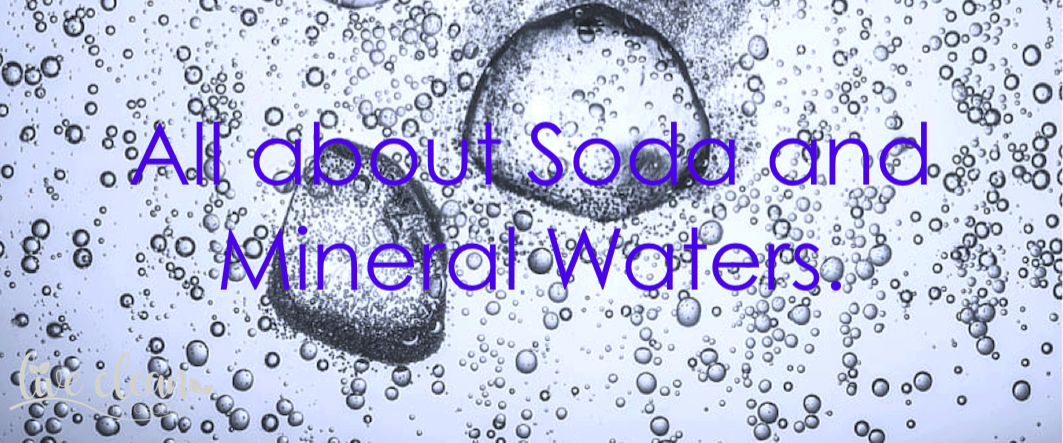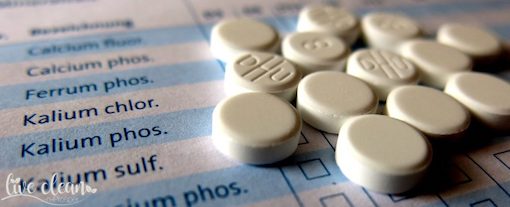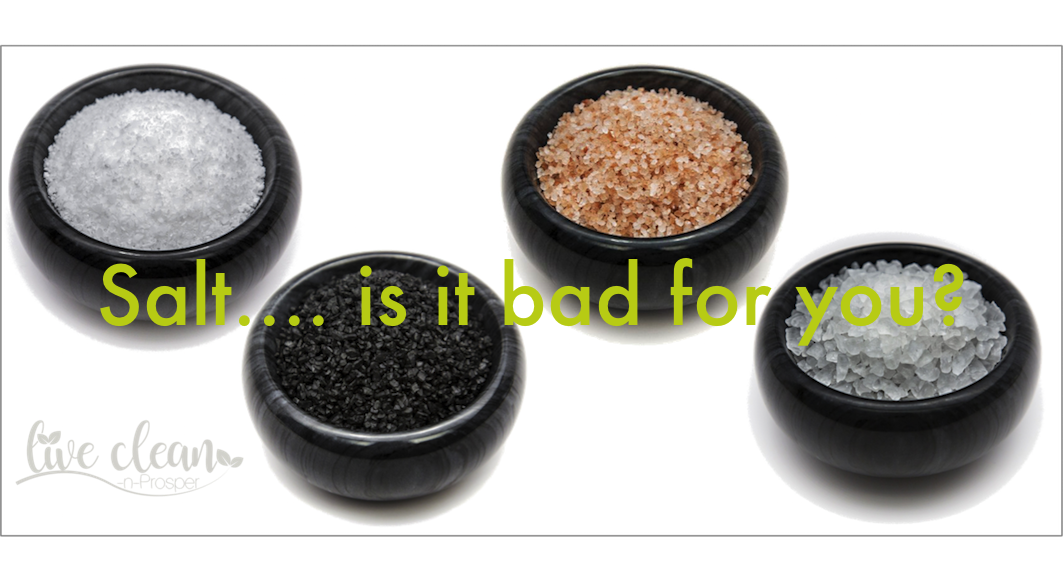Today I’m writing about Soda and Mineral waters.
I was recently asked if I had read anything about carbonated water being bad for our teeth. I hadn’t, so I thought that this would make a good topic to research and write about.
There are very few scientific studies or research articles on this topic, however I will share what I found.
First, what is soda water?
Soda water or carbonated water (also known as sparkling water) is water containing dissolved carbon dioxide gas. This is either artificially injected under pressure or occurring naturally due to geological processes. Carbonation causes small bubbles to form, giving the water an effervescent quality.
What is mineral water?
Mineral water can be flat or sparkling and contains dissolved minerals such as potassium bicarbonate, sodium bicarbonate, sodium citrate, or potassium sulphate. These occur naturally in some mineral waters but are also commonly added to some manufactured waters.
Do the bubbles affect our teeth?
The School of Dentistry at University of Birmingham, conducted an investigation of mineral waters and soft drinks in relation to dental erosion.
The results concluded that the carbonation of drinks is not an important factor in regards to dental erosion. The main cause of dental erosion is the added sugars found in many carbonated drinks. Unsweetened mineral and soda waters are safe for our teeth.
The carbon dioxide and water actually react chemically to produce carbonic acid. This very weak acid stimulates the same nerve receptors in our mouth activated by spicy condiments, like mustard and horseradish. These nerve receptors create the burning, prickly sensation.
There are in fact some health benefits in drinking soda and mineral waters.
The health benefits
- Studies suggest that sparkling water may improve swallowing ability by stimulating the nerves responsible for swallowing.
- Carbonated water can trigger a greater sensation of fullness, which may help you to eat less.
- The minerals that are in mineral water can be quite beneficial to our health. Minerals such as calcium, magnesium, and potassium, all of which promote blood circulation. Magnesium and calcium also help with building and maintaining strong bones.
- Soda or mineral water hydrates you just as well as still water. This makes sense, considering that these are just regular waters infused with bubbly carbon gas.
What about Tonic water?
Tonic water is also a carbonated water that contains minerals. However, tonic water also contains quinine, which gives tonic water a bitter taste. However, tonic water is also commonly sweetened with either high-fructose corn syrup or sugar to improve the taste. This makes it the least healthy of the carbonated waters.
(Sources: https://www.healthline.com/, https://science.sciencemag.org/, https://www.sciencedirect.com/, https://www.ncbi.nlm.nih.gov/pubmed/, https://www.webmd.com/)
Well, I hope that this post answers any questions you may have had about carbonated waters.
Till the next post,
Live clean n prosper



